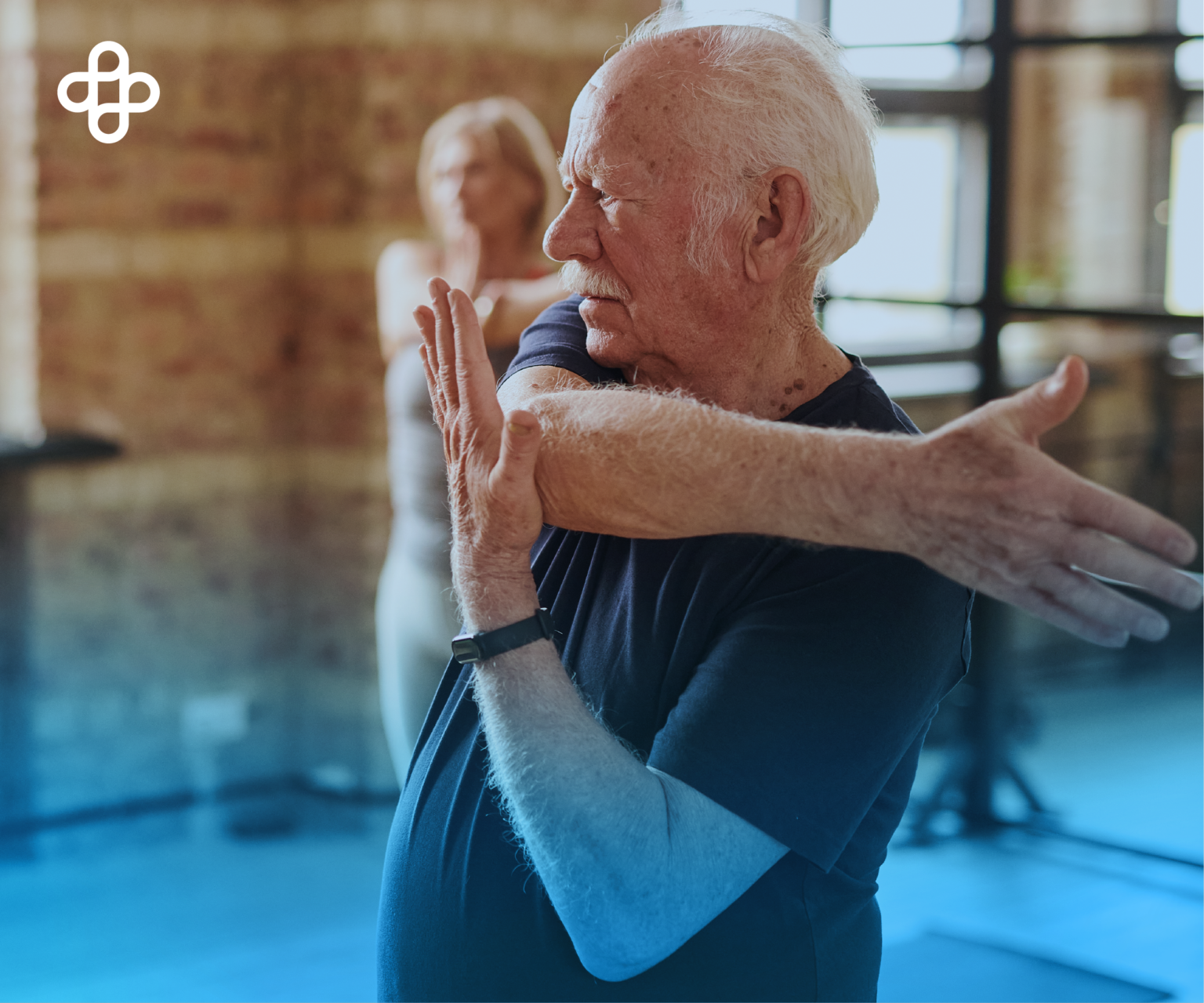Preventing prostate inflammation. Adopting healthy habits is the best way to avoid prostate inflammation. Learn how diet, exercise, and lifestyle changes can protect your prostate.
Healthy Habits for Prostate Health
Maintaining a healthy prostate starts with regular exercise, a balanced diet, and weight management. Including the proper nutrients in your diet can significantly reduce the risk of prostate inflammation.
Recommended Dietary Habits
- Eat a fiber-rich diet and fresh fruits and vegetables to support digestive health and prevent constipation.
- Incorporate vitamin E, zinc, and omega-3 fatty acids in foods like tomatoes, pumpkin seeds, and fatty fish (salmon, sardines, tuna).
- Opt for alkaline beverages, such as green juices with cucumber, spinach, celery, green apple, and avocado, as they are gentle on the prostate.
- Limit saturated fats and opt for healthier fat sources like nuts and olive oil.
According to the National Institutes of Health (NIH), a series of habits can help maintain prostate health, especially for those experiencing pelvic pain.

Lifestyle Recommendations for Prostate Health
To prevent chronic prostatitis or pelvic pain syndrome, consider the following lifestyle adjustments:
- Avoid prolonged sitting – Sitting for extended periods increases pressure on the prostate.
- Engage in low-impact activities – Avoid cycling, motorbiking, horseback riding, or intense abdominal exercises. Instead, try walking and swimming.
- Stretch daily – Stretching exercises can help relieve tension in the pelvic area.
- Use a pelvic cushion or floating seat – This may help alleviate discomfort for some individuals.
- Avoid tobacco and alcohol – These substances can contribute to inflammation.
- Manage stress – Meditation and relaxation techniques can help reduce tension and prevent symptom flare-ups.
- Protect the pelvic area from cold and humidity – Exposure to low temperatures may aggravate prostate discomfort.
- Apply dry heat therapy – A pad on the pelvic region can relieve symptoms.
Foods to Avoid for Prostate Inflammation Prevention
Men with chronic prostatitis or pelvic pain syndrome may develop sensitivities to certain foods, drinks, and supplements. While triggers vary from person to person, these are some common irritants:
- Spicy foods
- Caffeinated coffee (decaf is less irritating but should still be consumed in moderation)
- Tea (black and green)
- Chili peppers
- Dark chocolate (less irritating than milk chocolate but still a potential trigger)
- Alcoholic beverages (especially distilled liquors, wine, and beer)
- Citrus fruits and juices (orange, grapefruit)
- Refined sugar and white flour
Avoiding these irritants can help prevent prostate inflammation and manage symptoms for those already affected.
Recommended Exercises for Prostate Health
To maintain a healthy prostate, it’s important to avoid high-impact exercises that put excessive pressure on the pelvic area. Activities to avoid include:
- Sitting for long periods
- Cycling or motorbiking
- Horseback riding
- Running
- Heavy abdominal workouts
Instead, consider these low-impact exercises:
- Walking
- Swimming
- Elliptical training
- Pelvic and general stretching exercises

Pelvic Stretching and Physical Therapy for Prostatitis
Pelvic stretching exercises using internal devices (dilators) can significantly relax pelvic floor muscles and relieve pain. In addition to the pelvic muscles, other muscle groups like the glutes, lower back, abdomen, and thighs may also be affected, so stretching these areas can provide further relief.
A New Approach: Stem Cell Therapy for Prostatitis
In addition to lifestyle and dietary changes, stem cell therapy is emerging as a promising treatment for prostate inflammation. To learn more about the latest regenerative therapies, read our article “Stem Cells and Prostate Inflammation.”





